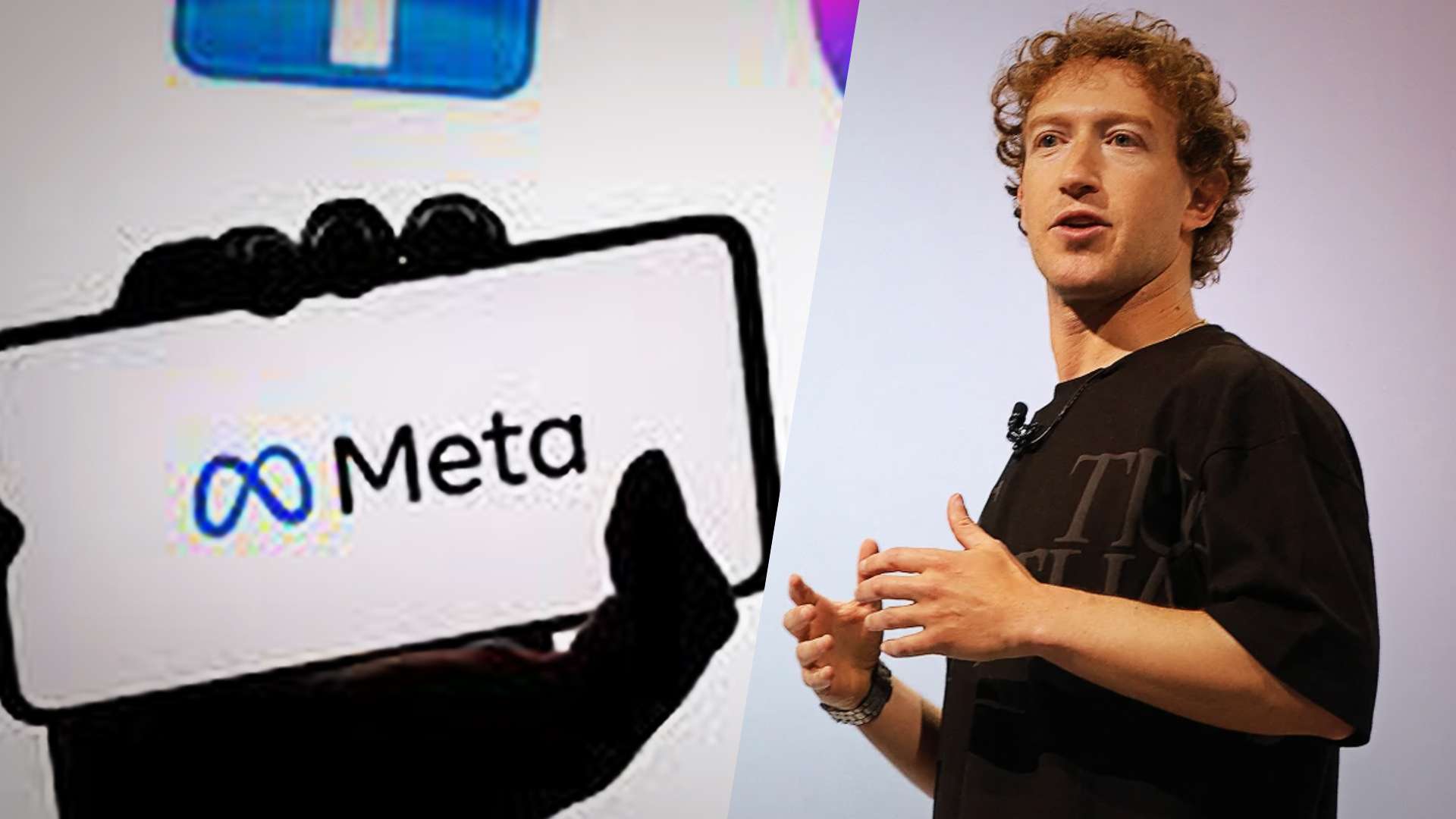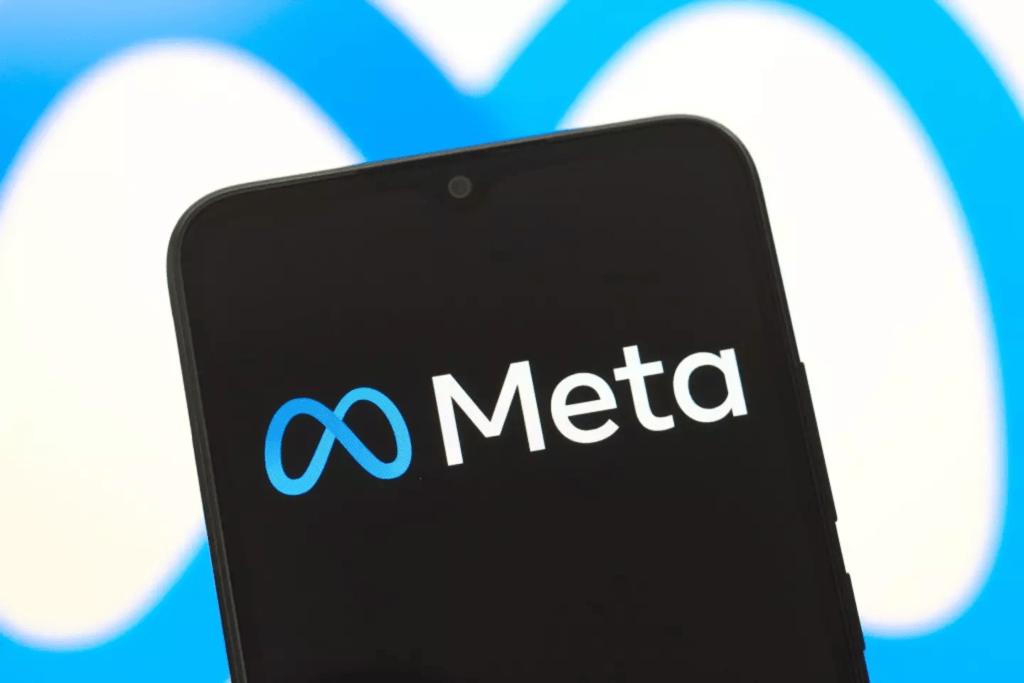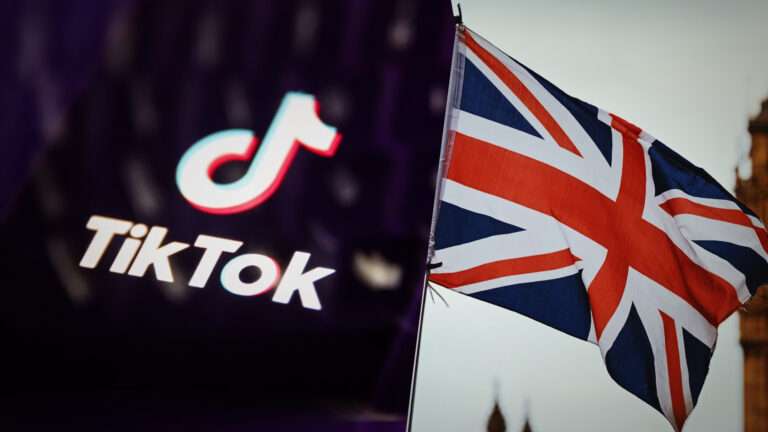Meta’s Controversial Changes to Hate Speech Guidelines: Allowing Harmful Allegations Against LGBTQ+ People

In a highly controversial decision, Meta (formerly Facebook) has announced significant changes to its hate speech guidelines that allow users to claim that LGBTQ+ individuals are “mentally ill.” This change has drawn widespread criticism from LGBTQ+ advocacy groups, mental health organizations, and concerned users, who argue that Meta’s new policies will contribute to an already toxic online environment. The new policy affects Facebook, Instagram, and Threads, Meta’s primary social media platforms, and represents a shift away from the company’s previous commitment to curbing hate speech and disinformation.
Previously, Meta’s community guidelines were stricter when it came to targeting individuals based on aspects like mental illness, intellectual capacity, and personal identity. The company prohibited users from making harmful allegations regarding someone’s mental health or intelligence. However, with the recent policy revisions, Meta now permits users to make allegations about a person’s mental illness or abnormality based on their gender identity or sexual orientation. In a statement, Meta explained that the new guidelines were a response to political and religious discourse about transgenderism and homosexuality, which is seen in some communities as controversial or aberrant.
This revision is particularly concerning for LGBTQ+ individuals who already face high levels of online harassment and hate speech. Advocacy organizations have voiced strong opposition to these changes, fearing that it will further normalize harmful rhetoric and embolden people to make unfounded and damaging accusations online. Meta has yet to respond to growing calls for an explanation or a reversal of these policies.

New Guidelines: Permitting Harmful Claims About LGBTQ+ People
Meta’s new guidelines for hate speech moderation represent a major shift in how the company handles online interactions. Under the previous set of rules, users were prohibited from making any form of insult or degrading comments regarding someone’s intellectual capacity, mental health, or physical appearance. These rules were aimed at ensuring that users could engage in debates and discussions without fear of facing personal attacks based on their identity or characteristics. But the new guidelines allow for more leeway when it comes to discussing gender identity and sexual orientation.
The company has justified this decision by pointing to the ongoing political discourse and religious debates surrounding issues like transgender rights and homosexuality. Meta claims that such discussions often involve non-serious language, like calling someone “weird” or labeling their beliefs as “abnormal,” which is not always intended as a direct insult. In this context, Meta suggests that these words are part of a broader social conversation about gender and sexuality. However, this reasoning has raised alarms among LGBTQ+ activists, who argue that this will give haters a platform to spread misinformation about LGBTQ+ individuals, particularly in an age where online platforms can shape public perception and encourage harmful behaviors.
The decision to allow users to claim that someone’s gender identity or sexual orientation equates to a mental illness is deeply troubling to those who understand the psychological and societal harm such narratives can cause. In an age when mental health awareness is at the forefront of discussions, Meta’s new rules are seen as a step backward in the fight for respect, understanding, and inclusivity. Mental health advocates are concerned that such claims will discourage individuals from seeking help and further stigmatize those in the LGBTQ+ community who already face disproportionate rates of mental health challenges.
Key Changes in Hate Speech Moderation
The changes Meta has made to its hate speech policies are far-reaching and have altered the way the company will handle speech on its platforms. Along with allowing harmful claims about LGBTQ+ people, Meta has also removed several other key rules that were previously in place to protect marginalized groups. Under the new rules, Meta no longer prohibits insults related to someone’s disability, religious affiliation, caste, sexual orientation, sex, gender identity, race, ethnicity, national origin, or serious illness.
These sweeping changes have raised concerns about the platform’s role in regulating online discourse and protecting users from harmful speech. Critics argue that Meta’s actions are a direct response to political pressure and may be designed to appeal to more conservative or right-wing audiences, particularly in light of the company’s donations to political causes, including President Trump’s inaugural fund. Some believe that Meta’s decision to relax these policies is an attempt to foster greater engagement and protect free speech, but many others see it as a betrayal of the company’s original mission to create a more safe and inclusive online environment.
As the debate continues, people have voiced their concerns that these changes may lead to an increase in hate speech, discrimination, and harassment across Meta’s platforms. Social media companies, particularly Meta, have long been under scrutiny for their role in shaping the narrative around sensitive issues like race, gender, and sexuality. Meta’s latest decision represents a fundamental shift in how the company will approach these complex topics. The changes also signal that the company may prioritize political discourse over the well-being of vulnerable communities, undermining years of progress in moderating harmful content.
Reactions from Advocacy Groups: GLAAD Speaks Out
The reactions to Meta’s policy changes have been swift and strong, with LGBTQ+ organizations leading the charge against the new guidelines. GLAAD, a leading LGBTQ+ advocacy group, has been outspoken in its opposition to the new rules. Sarah Kate Ellis, the President and CEO of GLAAD, issued a scathing statement in which she argued that Meta was normalizing hate speech by allowing harmful allegations of mental illness based on gender identity and sexual orientation. Ellis expressed concern that this change would embolden anti-LGBTQ+ extremists and provide them with a platform to spread disinformation, leading to increased violence and harassment against LGBTQ+ individuals.

In her statement, Ellis said:
“Without these necessary hate speech and other policies, Meta is giving the green light for people to target LGBTQ+ people, women, immigrants, and other marginalized groups with violence, vitriol, and dehumanizing narratives.”
Stonewall’s Response: Request for Action
In response to Meta’s policy changes, Stonewall, one of the UK’s leading LGBTQ+ rights charities, has raised serious concerns about the impact these changes will have on LGBTQ+ individuals and their safety in online spaces. Simon Blake, the CEO of Stonewall, expressed concern that Meta’s policy revisions would lead to increased online hate and disinformation targeting already vulnerable groups. Stonewall’s primary concern is that toxic discourse online will further damage the way society views marginalized groups and undermine efforts to foster inclusive communities.
Blake emphasized that:
“Online hate and disinformation damages how society views and treats marginalized groups, and undermines societal cohesion.”
Political Context: Meta’s Ties to Trump’s Inauguration
The timing of Meta’s announcement has raised eyebrows, especially given its financial ties to political causes. Meta was one of several major corporations that contributed $1 million to President Trump’s inaugural fund in 2025. Critics have argued that Meta’s decision to ease its content moderation rules may be motivated by a desire to align more closely with conservative political ideologies, or to cater to a right-wing audience.
Meta’s political donations are not the only thing that has come under scrutiny. The company’s approach to free speech and content regulation has often been questioned, particularly when it comes to dealing with disinformation, hate speech, and polarizing political content. Meta’s recent moves have reignited concerns about whether the company’s policies prioritize free speech at the expense of online safety, and whether it is willing to turn a blind eye to the harmful effects of unchecked speech, especially in a politically charged environment.
By reducing restrictions on hate speech and allowing more harmful rhetoric about LGBTQ+ individuals, Meta has opened the door to further polarization. As a company that holds so much power over the online landscape, its choices are particularly consequential. Critics argue that these changes prioritize political discourse over the health and well-being of vulnerable online communities.
Social Media Reactions: Public Outcry on Twitter and Instagram
Meta’s policy changes sparked a firestorm of reactions across social media platforms, particularly on X (formerly Twitter) and Instagram. Many users expressed their outrage at the company’s decision to allow harmful allegations regarding mental illness based on gender identity or sexual orientation. Advocacy groups, public figures, and concerned citizens voiced their opposition to the new rules, calling on Meta to reconsider and reverse the changes.
GLAAD’s Outspoken Reaction on Twitter
GLAAD, a leading LGBTQ+ advocacy organization, was quick to share its views on Meta’s changes via Twitter. The group’s tweet stated that:
“Meta is opening the floodgates for hate speech and discrimination against marginalized groups. This decision will harm LGBTQ+ people, women, and many others.”
GLAAD’s statement was shared widely and garnered significant attention from both LGBTQ+ activists and mental health advocates. The tweet also prompted discussions about the role of social media platforms in regulating speech and ensuring that marginalized communities are protected from online harm.
Stonewall’s Call for Action
Stonewall also expressed its concerns about Meta’s new policy via Instagram, urging users to demand action. Their post highlighted the dangerous consequences of allowing hate speech and disinformation to flourish on the platform, particularly for LGBTQ+ individuals. The charity called for reform in Meta’s approach to online safety and warned that the new policies could further divide society.
Public Outcry: Meta’s New Rules Normalize Hate
One of the most viral reactions came from @TechCritic2025, who posted:
“By allowing these harmful claims about mental illness, Meta is normalizing hate. The digital world needs to be a safe space for everyone, and Meta just handed a dangerous tool to bigots.”
Conclusion: Will Meta’s New Guidelines Hurt or Help?
Meta’s new hate speech policies have ignited a heated debate about the responsibilities of social media platforms in moderating content and ensuring that users are protected from harmful rhetoric. While the company’s decision to relax restrictions may benefit some users who advocate for free speech, it has drawn the ire of many LGBTQ+ organizations, **mental health advocates
**, and concerned citizens who fear that it will normalize hate and harm. Meta’s policies have been the subject of intense scrutiny, and many wonder if the platform will eventually reverse these decisions to ensure that marginalized groups are not targeted. As the debate continues, it’s clear that online safety remains a critical issue that needs to be addressed with more than just political discourse.
Featured Image Credit: Thomas Fuller/SOPA Images/LightRocket/KENNY HOLSTON/POOL/AFP via Getty Images






